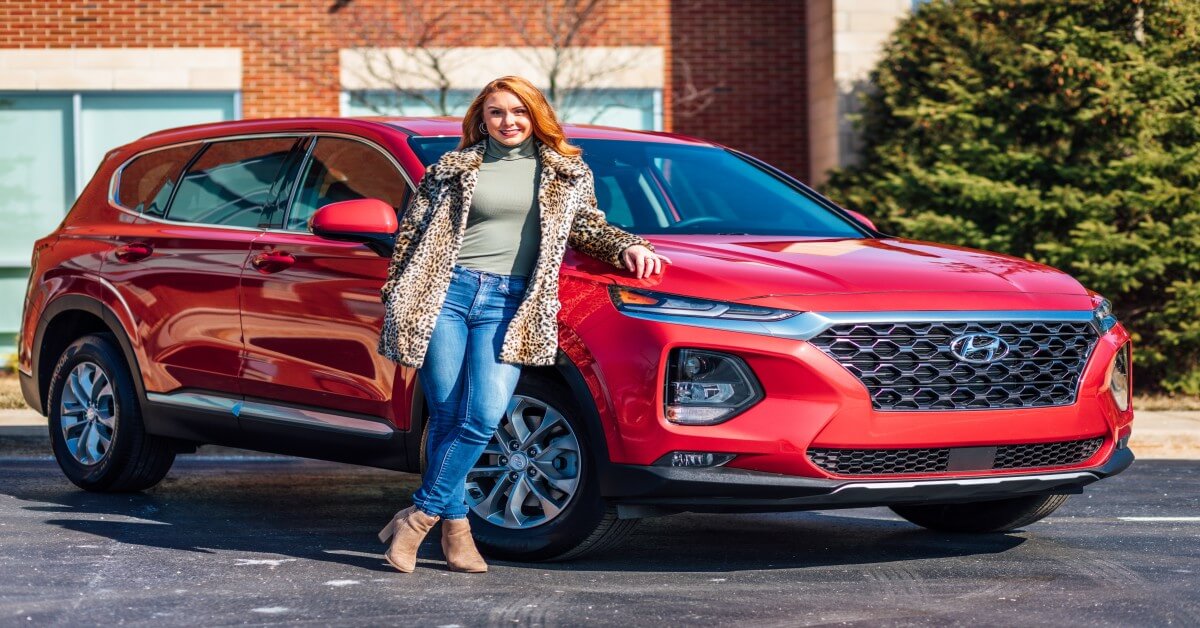Car insurance is a crucial aspect of owning a car. It provides financial protection in the event of an accident, theft, or damage. However, there are many myths and misconceptions surrounding car insurance that can lead to confusion and misunderstandings.
In this article, we will debunk some of the most common myths about car insurance.
Table of Contents
Myth 1: The Color of Your Car Affects Your Insurance Rate
One of the most common myths about car insurance is that the color of your car will affect your insurance rate. Many people believe that red cars are more expensive to insure than other colors. However, this is not true. Insurance companies do not take the color of your car into account when determining your premium.
Instead, they consider factors such as your driving record, age, location, and the type of car you drive. These factors have a much greater impact on your insurance rate than the color of your car.
Myth 2: If You Lend Your Car to a Friend, Their Insurance Will Cover Them
Another common myth about car insurance is that if you lend your car to a friend, their insurance will cover them. However, this is not always the case. In most cases, car insurance follows the car, not the driver. This means that if someone else is driving your car and they cause an accident, your insurance will be the primary coverage.
If your friend has their own car insurance, it may provide some additional coverage, but it will not be the primary source of coverage. It is important to note that if your friend causes an accident while driving your car, your insurance rates may go up.
Myth 3: Comprehensive Insurance Covers Everything
Comprehensive insurance is often referred to as “full coverage,” but this does not mean that it covers everything. Comprehensive insurance covers damage to your car that is not caused by a collision, such as theft, vandalism, or weather-related damage.
However, it does not cover damage from a collision or damage to another person’s car or property. To be fully covered, you need to have collision and comprehensive insurance.
Myth 4: Your Insurance Rate Will Go Up if You Get a Speeding Ticket
Another common myth about car insurance is that your insurance rate will go up if you get a speeding ticket. While getting a speeding ticket can result in a fine, it does not necessarily mean that your insurance rate will go up.
Insurance companies consider a variety of factors when determining your rate, including your driving record, age, location, and the type of car you drive.
One speeding ticket may not have a significant impact on your rate, but if you have a history of traffic violations, your rate may go up.
Myth 5: Your Insurance Rate Will Go Down When You Turn 25
Many people believe that their insurance rate will automatically go down when they turn 25. However, this is not necessarily true. While age is a factor that insurance companies consider when determining your rate, it is not the only factor. Your driving record, location, and the type of car you drive also play a role in your rate.
If you have a good driving record and a safe car, your rate may go down when you turn 25, but there is no guarantee.
Myth 6: You Only Need the Minimum Amount of Insurance Required by Law
Many people believe they only need the minimum amount of insurance required by law. However, this may not provide enough coverage in the event of an accident. The minimum amount of insurance required by law varies by state, but it typically only covers liability for damages or injuries that you cause to other people or their property.
If you are involved in a serious accident, the damages may exceed the limits of your insurance. It is important to consider purchasing additional coverage, such as collision and comprehensive insurance, to protect yourself and your vehicle.
Collision insurance covers damage to your car if you are in an accident, regardless of who is at fault. Comprehensive insurance covers damage to your car from events such as theft, vandalism, or natural disasters. While these types of coverage are optional, they can provide added protection and peace of mind.
Further, if you are leasing or financing your car, your lender may require you to have collision and comprehensive insurance as part of your loan agreement. Failing to maintain this coverage could result in penalties or even the loss of your vehicle.
Myth 7: Your Insurance Premiums Will Automatically Go Up After an Accident
While it is true that being involved in an accident can increase your insurance premiums, it is not always the case. Your insurance rates are determined by various factors, including your driving record, the type of car you drive, and your location.
If you are at fault for an accident, your rates may increase. However, if the accident was not your fault, your rates may remain the same or even decrease. It is important to report any accident to your insurance company, regardless of who is at fault, as failure to do so could result in coverage being denied in the future.
Myth 8: Your Credit Score Doesn’t Affect Your Insurance Premiums
Many people are unaware that their credit score can affect their car insurance premiums. In fact, many insurance companies use credit scores as a factor in determining rates. Studies have shown that people with lower credit scores are more likely to file insurance claims, which can result in higher premiums.
It is important to monitor your credit score and make efforts to improve it if necessary. This can not only help you get better rates on car insurance but also other types of loans and credit products.
Myth 9: Your Car Insurance Will Cover You if Your Car is Stolen or Damaged While Parked at Home
While car insurance can cover theft or damage to your car, there are limitations to what is covered. If your car is stolen or damaged while parked at home, your insurance may only cover the cost of repairs or replacement if you have comprehensive coverage.
If you only have liability insurance, you will not be covered for theft or damage to your vehicle. It is important to review your policy and understand what is covered and what is not. If you have concerns about theft or damage to your car while parked at home, consider adding comprehensive coverage to your policy.
Myth 10: Your Car Insurance Will Cover You if You Use Your Car for Business Purposes
If you use your car for business purposes, such as making deliveries or driving for a ride-sharing service, your personal car insurance policy may not provide coverage. Most personal car insurance policies exclude coverage for commercial use of your vehicle.
If you use your car for business purposes, it is important to purchase commercial auto insurance. This type of insurance provides coverage for vehicles used for business purposes and can protect you in the event of an accident while on the job.
Final Thoughts
It is important to be aware of common myths about car insurance in order to make informed decisions about coverage. By understanding the facts, you can ensure that you have the right coverage to protect yourself and your vehicle in the event of an accident or other unexpected event.
Take Control of Your Car Insurance Coverage
Now that you know the truth behind these common car insurance myths, it’s time to take action and ensure you have the right coverage for your needs. Here are some steps you can take:
- Review your current policy: Take a look at your current car insurance policy and note the coverage limits and types of coverage you have. Determine if they are sufficient for your needs.
- Consider additional coverage: If you determine your current coverage is insufficient, consider purchasing additional coverage, such as collision and comprehensive coverage. These can help protect you in the event of damage to your own vehicle.
- Shop around for quotes: Don’t assume that your current insurance provider is offering you the best deal. Shop around and compare quotes from different insurance companies to find the best coverage at the best price.
- Take advantage of discounts: Many insurance companies offer discounts for things like safe driving, bundling multiple policies, or installing safety features in your car. Make sure you are taking advantage of any discounts that apply to you.
By taking these steps, you can ensure that you have the right car insurance coverage to protect you and your vehicle in the event of an accident. Don’t let these common myths about car insurance leave you underinsured and vulnerable. Take control of your coverage today.




